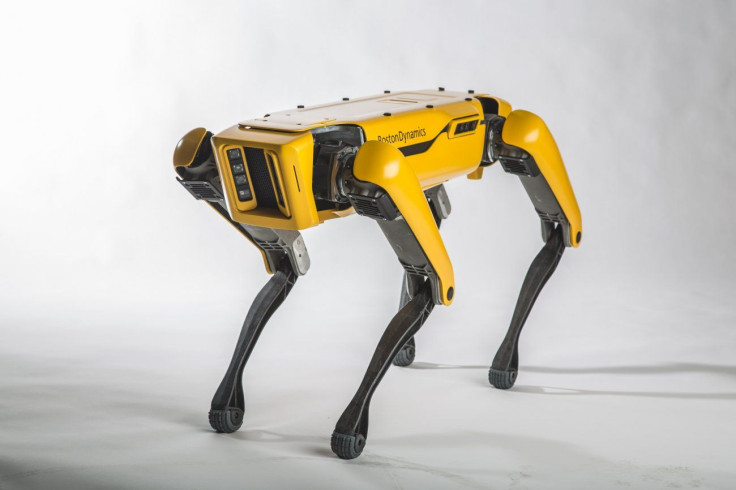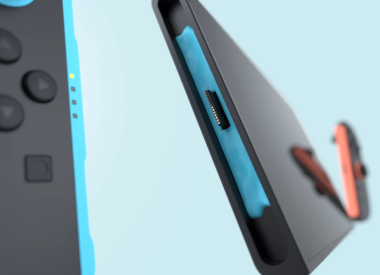It was just two years ago we were all laughing at the clumsy contestants of the DARPA Robotics Challenge. The DRC “proves you could beat a robot at anything, easily,” we gloated. But two new videos from robotics design company Boston Dynamics show just how quickly the technology is progressing.
Remember this video?
Some of those are Atlas robots cheesing it over and over on simple human-scale obstacles like doorknobs and stepping out of golf carts (which even the fattest, dumbest president ever can manage). Seven of 24 teams at the DARPA Robotics Challenge used the Atlas platform, applying their own software and algorithms to the Boston Dynamics units, making Atlas the closest the industry has to a universal, general use robot.
Here’s the Atlas now:
Yes, that’s a robot that couldn’t walk through a door two years ago doing a backflip. No, I’m not scared, you’re scared. Shut up.
The basic idea behind a bipedal, human-shaped robot is to create a tool that fits in any situation a human would. Interacting with the real-world means interacting with environments designed with human-use in mind. Atlas is not just approaching the full-capacity general use a human would have in everyday scenarios, but quickly exceeding us.
Boston Dynamics also released a video of the newest in their line of robotic quadrupeds, most famously the BigDog all-terrain robot built in cooperation with the military to act as a packhorse in war zones. Their latest, SpotMini, looks more like a consumer-ready product, complete with canine attitude:
This isn’t a threat on conventional “robots take over” lines (though the U.S. military will increasingly automate killing with the help of robots), but the rapid progress will soon move out of the lab and into the general economy. Combined with automotive vehicles numerous industries could soon find themselves completely without the need for human workers. The dawn of the machine will inevitably require a remedy for the increasing uselessness of the human body in producing economic value, either by allowing increased human suffering or ameliorating human uselessness in the future economy via redistribution of the gains from robotic productivity. Robots aren’t dangerous in themselves, but these videos are all the evidence we should need to see a profound reckoning approaching.
Boston Dynamics is currently owned by Japanese megacorp SoftBank Group, which bought the robotics company from Alphabet in 2017. “Today, there are many issues we still cannot solve by ourselves with human capabilities,” SoftBAnk CEO Masayoshi Son said in a statement after the purchase. “I am thrilled to welcome them to the SoftBank family and look forward to supporting them as they continue to advance the field of robotics and explore applications that can help make life easier, safer and more fulfilling.”


















